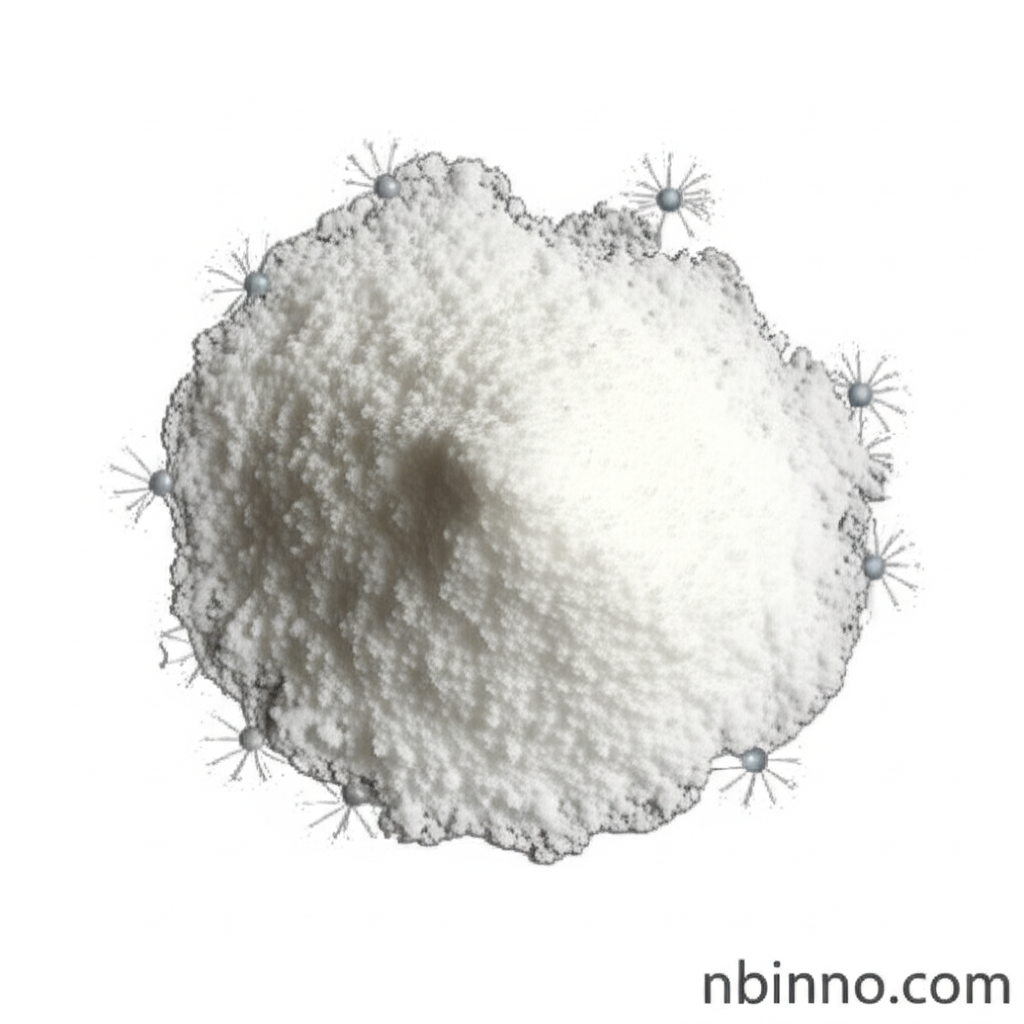L-Pyroglutamic Acid (PCA): A Key Intermediate in Glutathione Synthesis and Cellular Health
Discover the vital role of L-Pyroglutamic Acid (PCA) in maintaining cellular health, its involvement in the crucial glutathione cycle, and its implications for various health conditions. Learn why monitoring this marker is essential for understanding your body's antioxidant status.
Get a Quote & SampleProduct Core Value

L-Pyroglutamic Acid
As a leading supplier in China, NINGBO INNO PHARMCHEM CO.,LTD. offers high-quality L-Pyroglutamic Acid (PCA). This amino acid derivative is integral to the gamma-glutamyl cycle, a fundamental pathway for glutathione production and recycling. Glutathione is a primary cellular antioxidant, vital for detoxification and protecting cells from oxidative damage. Understanding the intricacies of the gamma-glutamyl cycle is key to maintaining cellular vitality.
- Understanding the gamma-glutamyl cycle explained: PCA is a metabolite in this cycle, converted to glutamate by 5-oxoprolinase, and is essential for maintaining adequate glutathione levels.
- L-Pyroglutamic Acid function: It plays a critical role in the biosynthesis of glutathione, influencing cellular redox homeostasis and protection against oxidative stress.
- Marker for glutathione turnover: Elevated levels of PCA can indicate difficulties in maintaining sufficient glutathione, often influenced by diet, oxidative stress, and detoxification demands.
- Role in pharmaceutical development: As a pharmaceutical intermediate, PCA is utilized in various synthesis processes, underscoring its importance in the chemical industry.
Key Advantages Provided by L-Pyroglutamic Acid
Supports Cellular Antioxidant Defense
L-Pyroglutamic Acid is a critical component in the glutathione synthesis pathway, bolstering your body's natural antioxidant defense system to combat free radicals.
Metabolic Health Indicator
Monitoring pyroglutamate levels, often associated with the gamma-glutamyl cycle explained, can provide insights into your metabolic health and the efficiency of your body's detoxification processes.
Response to Nutritional Support
Elevated pyroglutamic acid levels may respond well to nutritional interventions, particularly glycine repletion, highlighting the importance of targeted supplementation for improving glutathione status.
Key Applications
Pharmaceutical Intermediates
As a key pharmaceutical intermediate, PCA is used in the synthesis of various drugs and chemical compounds, making it valuable in the pharmaceutical industry.
Biochemical Research
Researchers utilize PCA to study the complex mechanisms of the gamma-glutamyl cycle and glutathione metabolism, aiding in the understanding of cellular health and disease.
Nutritional Science
Its role as a marker for glutathione turnover and its response to nutritional support make it relevant in studies concerning metabolic health and antioxidant status.
Cosmetics and Food Industry
PCA and its derivatives are also explored for their hydrating properties in cosmetics and their functional roles in the food industry, showcasing its versatility.
